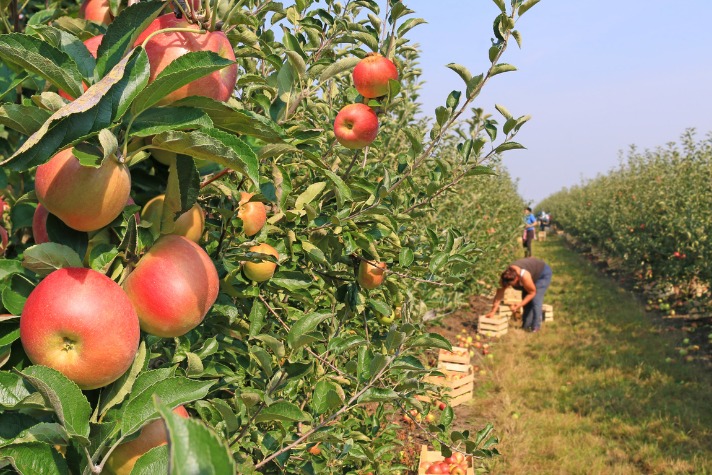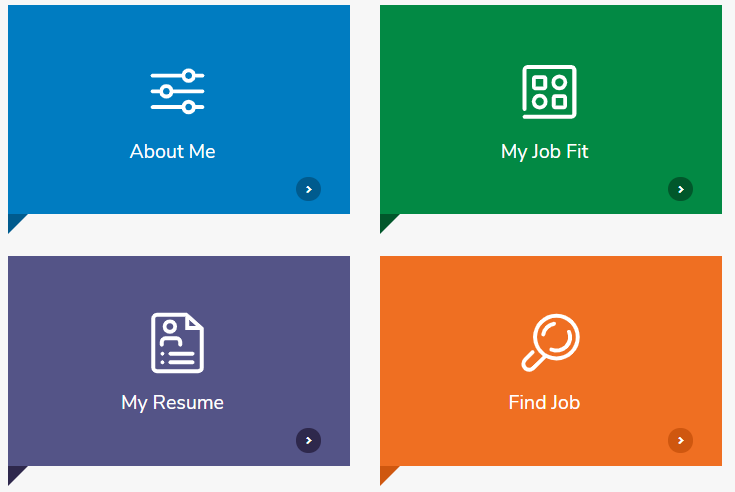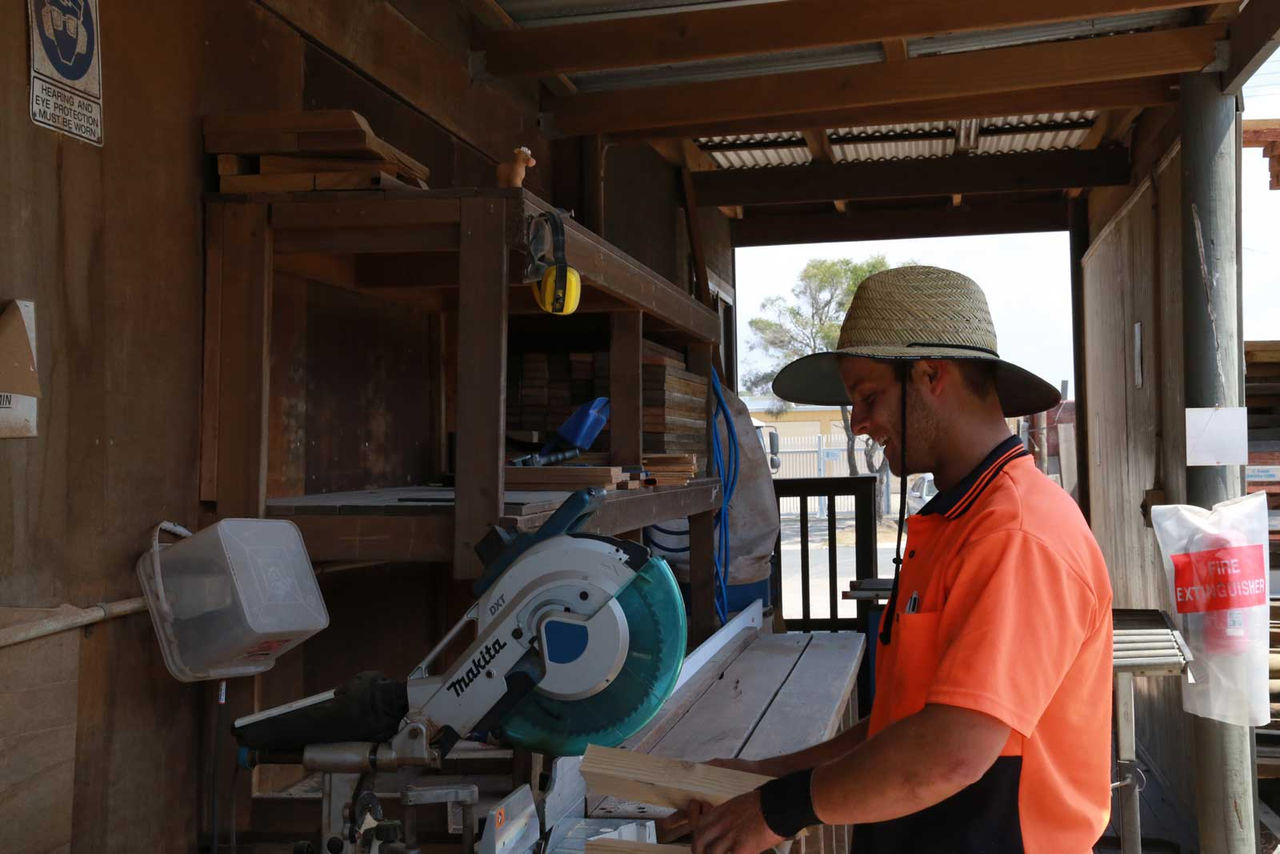How to find seasonal work
Published by MAXSolutions on November 27, 2023

Seasonal work is available at different times and locations across the year, depending on the industry. The employment is typically part-time, although there are full-time positions, and may last a few weeks or months. This type of work is often dictated by the natural cycles of weather, agriculture, tourism, or other seasonal patterns.
Types of seasonal work
Agricultural jobs
Jobs planting and harvesting crops can be found all over the country at different times.
Cherry harvest in Tasmania, from late November to early January
Citrus picking and packing in Queensland from March until October
Onions and carrots in South Australia from July to August
Grain harvesting in New South Wales from October to December
Mango picking and packing in the Northern Territory in October and November
Grape picking in Western Australia from January to March
Tourism and Hospitality
Many tourist destinations experience peak seasons, leading to an increased demand for workers in hotels, restaurants, and other related businesses during those times.
The Great Barrier Reef in North Queensland is a popular destination during the dry season from May to October.
Tourism picks up in the dry season (April to October) in Darwin, where you can work as a casino croupier or bartender
Types of jobs you can apply for in tourism and hospitality include wait staff, chef, front office and guest services, gaming, housekeeping, baristas, sommeliers and more.
Retail
The holiday season often brings about a surge in retail activity, leading to temporary positions to meet the increased demand. Many retailers employ extra casual staff over the Christmas and New Year period.
Besides sales roles, employers are also looking for extra staff to do gift wrapping and stock shelves in grocery stores. Delivery drivers are also in demand during this season, from Australia Post and other parcel delivery companies.
Outdoor recreation
Jobs related to outdoor activities, such as lifeguards during summer or ski instructors in winter. These types of jobs could also see you following the season back and forth across the hemispheres!
Festivals and events
Organisers often hire additional staff for major events or festivals that occur at specific times of the year. These arent just in capital cities either, there are more and more regional events popping up each year.
Why you should consider seasonal work
Not only is seasonal work a great way to supplement your income, but it is also a great way to add experience to your resume. It offers you opportunities for skill development and hands-on experience in a particular industry.
Although this type of employment is often temporary, it can lead to long-term employment after the season.
MAX Job Coach Hayley Payne says, “If the employer likes you, they’ll likely find a position or create a position for you.”
One of her customers took up seasonal work at a sweet potato farm, and from there continued onto longer term employment when they were later referred on to work at a zucchini farm. Seasonal employment allows people to build connections, experience and relationships within the particular industry which can lead to future job opportunities.
In industries like agriculture or tourism, seasonal work may involve moving to different locations. This can provide the chance to explore new places.
Tips for getting seasonal work
Melissa McDougall, Job Coach at MAX, advises: “Talk to your family and friends. They may know of positions that are available in the local area or know of organisations that are seeking staff.”
She also suggests viewing online job searching websites and online community platforms (such as Facebook groups) where you can lodge a post stating a little about yourself and what type of work you are looking for, as employers may respond or individuals may let you know of positions they have viewed.
When it comes to customer-facing roles, Hayley encourages people to meet employers face-to-face.
“Even if the job has been advertised online, it’s important to back it up with a paper copy resume and speak to the employer personally to show them that you have interpersonal skills,” she explains.
Identify companies, industries or regions that experience increased demand during the specific season you’re interested in and research potential employers. Clearly communicate your availability for the seasonal work.
You should also customise your resume to highlight relevant skills and experiences that align with the requirements of the seasonal job. Emphasise any experience in similar roles or transferable skills.
Finally, keep an open mind to different types of seasonal work. Consider opportunities that may not be directly aligned with your previous experience but still offer relevant skills and a chance to gain new ones.
Persistence and a proactive approach are key when seeking seasonal work. Be prepared to apply for multiple positions and show your enthusiasm for the specific seasonal industry you are targeting.
Tags
Found this useful?
Help and advice
Our blogs are about helping people seek the information that they need for their steps in the workforce.














_1.jpg)




























.jpeg)


















